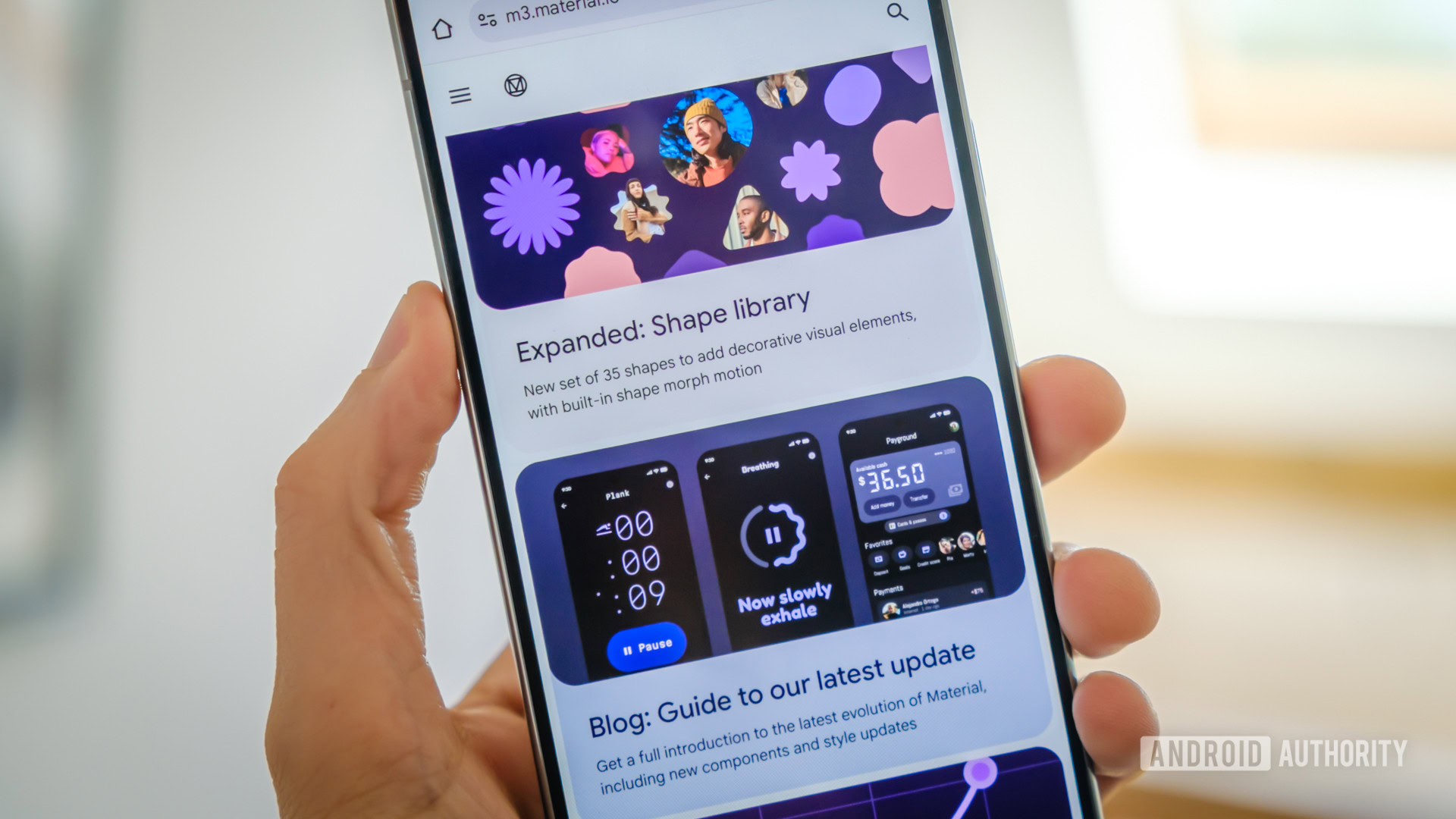Meganne Christian looks back fondly at when she lived on an alien planet. A barren world where the temperature rarely goes above -40°C.
Antarctica.
For a year in 2018, Meganne worked as a winter-over scientist at Concordia station, a research outpost on the southern tip of Ross Island.
‘There were days when I had to go a long way from the base and I’d switch my head torch, let my eyes adjust to the darkness and look up at the stars,’ the 37-year-old told Metro.
‘There were so many shooting stars. Then I’d look down and actually see my shadow in the light of the Milky Way above me.
‘Odd is the only way to describe it. I’d always had a budding interest in becoming an astronaut and being in that environment inspired me to become one.’



Pretty much every kid has said it at one point: ‘When I grow up, I want to be an astronaut.’
And Meganne is closer than most to doing just that. She became part of the European Space Agency’s (ESA) astronaut reserve in 2022, one of 17 picked out of 22,500 applicants.
‘My family and friends weren’t surprised that I applied. They thought it was the next logical thing after abandoning them for a year to go to Antarctica,’ she joked.
‘They probably believe in me than I do myself. You don’t think it’s going to happen and then it does.
‘They haven’t told me they’re scared but I suppose there would be an element of that. If I find myself sitting on a rocket ready to launch one day, there would probably be a little bit of fear.’
Unlike career astronauts – who throw on a space suit to clock into work – reserve astronauts sit on the bench. They wait for a spot to open on a flight opportunity provided by an ESA member state.
What do I need to become an astronaut?
To become an astronaut through the ESA, Europe’s answer to Nasa, applicants need a fair few things, according to the ESA handbook:
- A minimum of a master’s degree in natural sciences, medicine, engineering, mathematics, or computer sciences or a degree as an experimental test pilot and/or test engineer from an official experimental test pilot school.
- At least three years of relevant professional experience after graduation.
- Fluency in English. Good knowledge of another foreign language and any other additional language is a plus.
- Must be able to submit a class two medical certificate issued by an aviation medical examiner that shows they are medically qualified for a private pilot licence (PPL).
- Must be a proficient swimmer and be able to perform ‘arduous physical activities’.
- Have a driver’s licence or be willing to obtain one.
- Be aged 50 or under.
- Be between 150 and 190cm tall, have a Body Mass Index (BMI) rating of normal, have pilot-grade eye strength and a hearing capability of 25 dB or better per ear.
The hiring process takes place over a year.
Meganne, who studied in Australia, has kept herself occupied in the meantime. She has trained in, among other things, science, industrial chemistry, atmospheric physics, meteorology, engineering and has a black belt in Hapkido.
But it was her time at the French-Italian research base in the South Pole that helped prep her for life in the cosmos.
For roughly 100 days, Meganne and her dozen colleagues knew nothing but darkness, erratic sleeping patterns and tension inside the tiny research post during the continent’s ‘polar night’.
In other words, life on the International Space Station. Just as she would aboard humanity’s high-tech home in the sky, Meganne helped conduct experiments and maintain observatories.
‘So you’re doing this in this extreme environment, a really special place, and being the custodian of other people’s experiments, and that’s what astronauts do on the ISS,’ she said.
‘I learned that I could do this work that wasn’t in my sort of background that I’d had before showed me it was something that I could do and something that I would love to do.’



She applied to become an astronaut through the ESA in 2021. ‘During the sections, we had various aptitude tests on physics, maths, logic and memory, psychological testing to see how we work in teams and communicate in different environments and a lot of medical testing and interviews,’ she explained.
Now the training begins. Meganne and British astronaut John McFall began their two-month programme at the European Astronaut Centre in Cologne, Germany, last month.
Meganne jokes that astronaut boot camp isn’t quite being thrown around a centrifuge like movies suggest. Instead, the pair will pretend to spacewalk by scuba diving and be taught survival skills.
‘Hollywood has a lot to answer for in terms of what an astronaut is,’ she said, adding that her favourite space-themed film is The Martian: ‘I try not to worry about the little scientific inaccurate and enjoy them.’
Living in space weakens the body – people get ‘puffy face and chicken legs’, as one extreme environment expert put it to Metro – hence why future starfarers go through exercises.
Liz Johns, the interim head of space exploration at the UK Space Agency, said that Meganne one day being up with the stars, as challenging as the journey will be, will have a huge impact on us Earth-dwellers.



‘Space has an incredible power to inspire and Meganne’s position as a member of the European astronaut reserve, and her role with the UK Space Agency, plays a key part in boosting visibility of the UK’s space sector and inspiring future generations to pursue STEM careers,’ she said.
‘Her passion and dedication will help us explore new frontiers in human space exploration and show everyone the amazing benefits space has to offer to us all.’
When looking at the space equivalent of Skyscanner will be one day, Meganne said her dream first flight would be to a star system similar to ours.
‘I want to go and see whether there’s life elsewhere,’ she said.
‘There’s a high possibility of it – I don’t think there’s a high possibility of finding it, at least, not with the tools we have at the moment.
‘The universe is so large… Alien life probably won’t be anything we would recognise.’


Closer to home, Meganne has her eyes set on the Moon. ‘To look back from the Moon at the Earth would be an incredible experience,’ she said.
The next time an astronaut’s boot will land on the lunar surface won’t be until 2027 as part of Nasa’s Artemis mission.
But Meganne hopes that it won’t only be astronauts who get the chance to view the stars up close.
The commercial exploration lead at the UK Space Agency said that once the ISS is decommissioned in 2030, other space agencies will likely open their orbiting outposts.
‘At the moment, it’s kind of restricted to billionaires,’ she said, referring to former Amazon titan Jeff Bezos and entrepreneur Jared Isaacman, ‘but I do hope it will be a possible holiday destination.
‘I think opening access to space and giving more people the opportunity to see the Earth in that way can only do good things, but it has to be done in a sustainable and regulated way.’


Emphasis on ‘sustainable’. Whizzing around the planet are hundreds of millions of pieces of space junk – dead satellites, machinery scraps and paint flecks.
‘We have to make sure that we don’t actually lose our access to orbit because we’re we’re filling it up too much,’ Meganne said, ‘that’s a big problem that the space sector is working on.’
Many astronauts come back to Earth speaking of the ‘overview effect’. Seeing the blue marble changes how they see day-to-day life, inspiring them to become environmental campaigners.

After all, a photograph of Earth taken from space by William Anders, on Apollo 8 in 1968, has become an icon for the movement.
Meganne knows she’ll feel the same. Climate change is speeding towards catastrophe according to the UN, and experts say saving the planet requires not another small step on the Moon but pounding the pavement outside parliament.
‘I was talking with a college just yesterday, and he was talking about seeing the Earth as the space station flies over, and during the daytime, how alone it looks,’ Meganne said.
‘And then you go into nighttime, and suddenly you see all the stars appear, and you see that it’s in the middle of this giant universe.
‘I think that gives you a really amazing perspective on our Earth. Our planet is both by itself but also part of this amazing universe – we have to protect it.’
Get in touch with our news team by emailing us at [email protected].
For more stories like this, check our news page.
MORE: NASA updates chances of ‘city killer’ asteroid 2024 YR4 hitting Earth
MORE: Chilling video shows what might happen if asteroid hits Earth in 2032
MORE: Nasa increases chance of 2024 YR4 asteroid hitting Earth yet again









